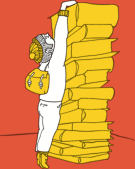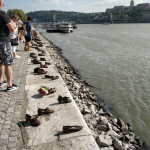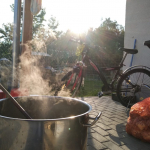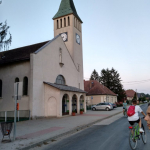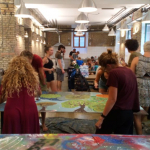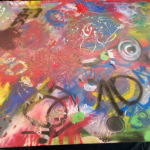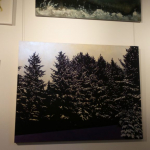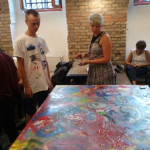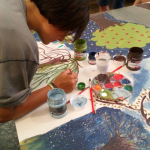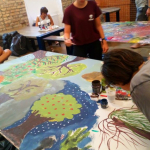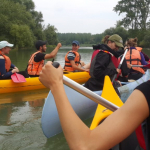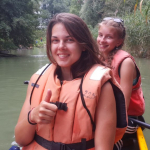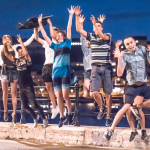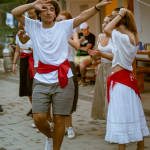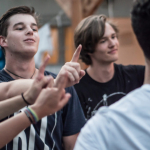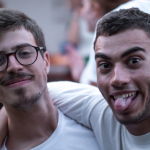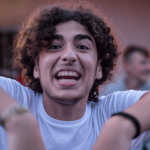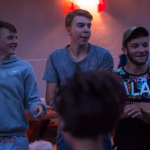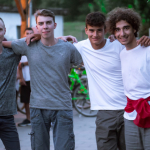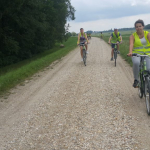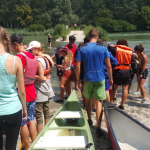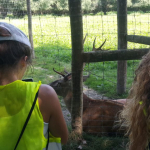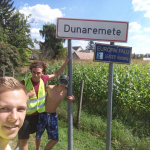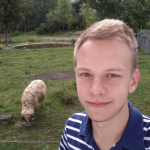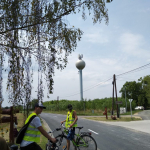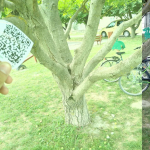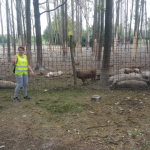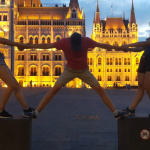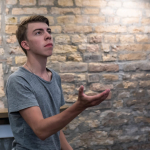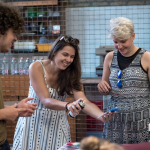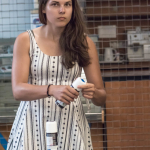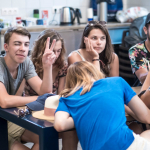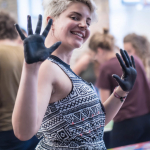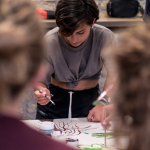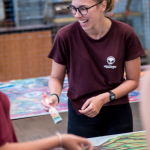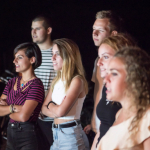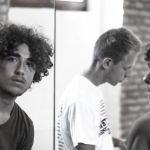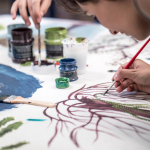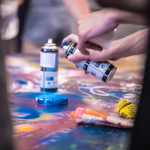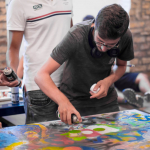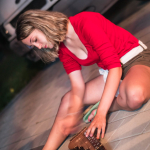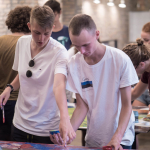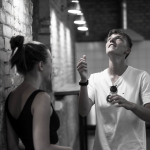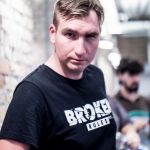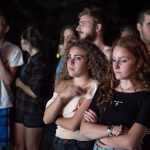The main focus of the project was to visit 5 villages in Szigetköz, Hungary.
Erasmus+
Discover Our Cultural Heritage
July 19 – 28, 2018, Hungary
Discover Our Cultural Heritage was a wonderful success, though a bit different from what most Erasmus+ participants expected. With 10 youth participants from the partner countries, namely Estonia, Italy and Hungary and 2 group leaders from each there was a total of 36 people involved.
The main focus of the project was to visit 5 villages in Szigetköz, Hungary. In each village groups of 6 participants spoke to locals about the village history, cultural etc. In addition to speaking with the locals, including city officials where available, each group constructed a piece of land art. The main means of transportation was by bicycle. Basically, a bicycle camp with mini-daily tours to the local villages, and canoing on the off days (more on that later).
To help others find the interesting points in the villages each team deployed upwards of 10 Munzee points in each village. On the following days each group visited all of the other villages, capturing the Munzee points and contributing to the land art. These Munzee points will be available for all who visit these villages. As the villages are close to the international EuroVelo 6 bike route, from the Atlantic Ocean in France to the Black Sea in Romania, which is one of the main forms of tourism in the region, along with canoing, of course publicizing on Munzee social media groups that new points have been deployed will result in more visitors to each village with the visitors learning about the villages.
The area is popular with Hungarian vacationers who want to go canoing/cycling. We took our partners on two canoe trips show them the natural beauty of the area and to help them better understand the significance of the river in local culture, history and economy. Participants also had ample opportunity to meet local high school and university students working in the canoing, cycling, tourist industries, or those just visiting the area.
The physicality of the project; not being confined to a classroom the whole day, willingness to juxtapose events to fit weather patterns, etc. are what made it so different. Cycling 10 – 20 km / day seemed a simple task at first. We specifically stated in our calls for participants that these would be the distances and only those should apply that can cycle and cycle this much. Canoing was also announced from the beginning, including the times to be spent on the river. Prior experience in canoing was not a prerequisite, just and open mind to it was. It was a surprise to us that some participants were having difficulty with the distances cycled. A normal bike tour is 60 – 80 km/day fully loaded, and, as stated above, we were riding far less, and unloaded! The canoing was slower than expected because some participants were not able to keep up. Note to self, possible solution would be to explain about muscle soreness in future calls for participants. Because on this project many participants had never experienced in their life and were worried about it, when all that was needed was stretching and more use of muscles.
Of course we had culture nights. The Italians prepared us dinner and showed a video about Naples, taught us traditional songs and dance. It was a wonderful evening enjoyed by all. The Estonians were extremely well prepared, with a Kahoot and a presentation, as well as tongue twisters, snacks, song and dance. Amazing evening. The Hungarian evening started with goulash for lunch, homemade strudel (rétes) for desert, but we were rained out and had to postpone the song and dance and presentation several nights later. Still, it was a fun evening.
All the youth were very agile linguistically and spoke to each other in English during the official work sessions and free-time. One of the seminal elements of Erasmus+ Youth Exchanges is that people of different ages, genders or culture can speak each other about music, films, other experiences etc. Long term relationships, cooperation, future projects will come of this. Several Estonian and Hungarian participants were discussing future project ideas. They have since carried on their discussion via social media. At Poli we will have meetings in the beginning of the school year to help the Hungarians develop their ideas. We honestly believe this is the main purpose of Erasmus+, that is to meet, engage, cooperate, collaborate, continue.
We would like to express our thanks and gratitude to the Erasmus+ program for funding our project and to our Italian and Estonian (Vita Tiim link) partners, for without their hard work and dedication we would not have been able to carry out such a successful project. Last, but not least, major kudos to the youth participants. Without them, nothing would have worked.
Marci and Rob
